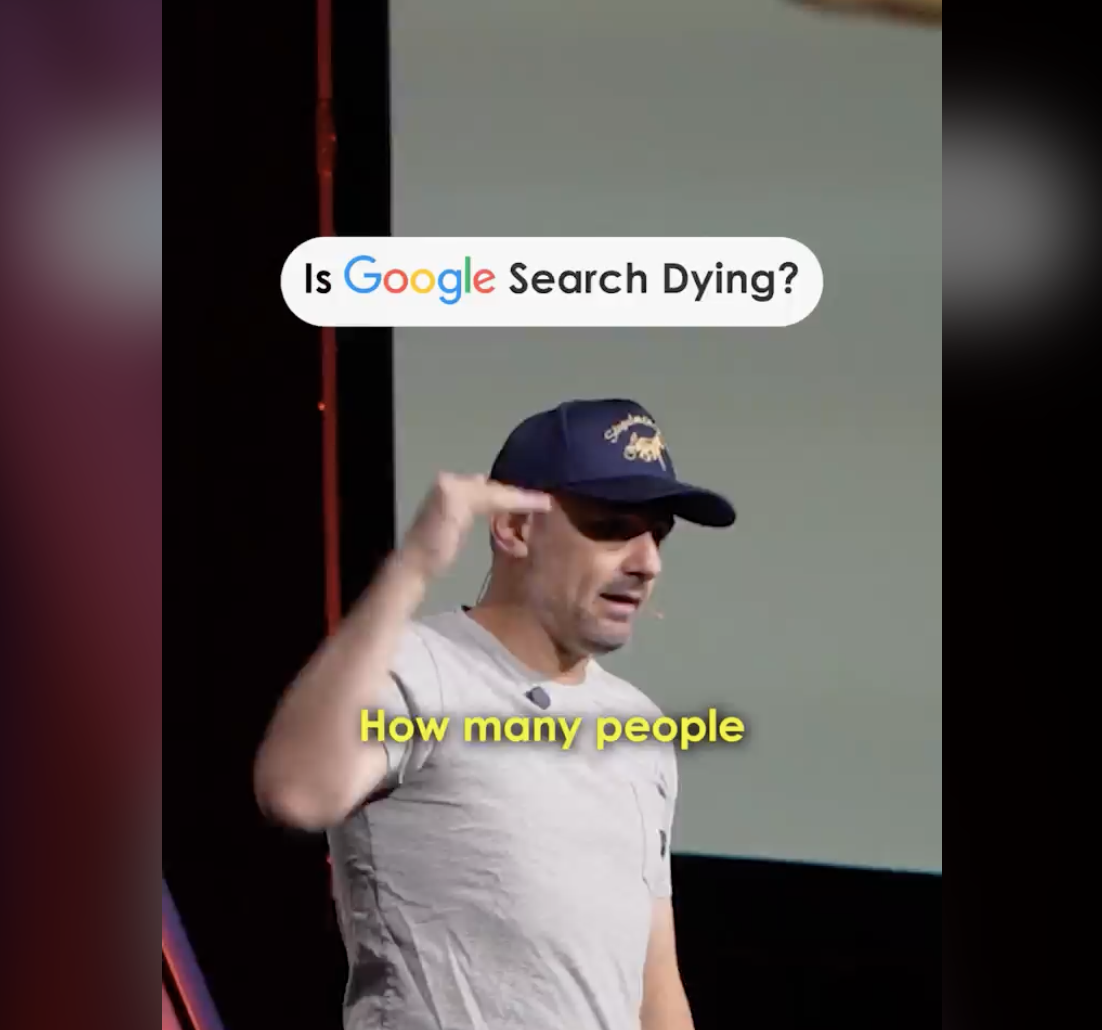AI Poised to Transform Travel Discovery
Developments in artificial intelligence have been progressing at breakneck speed, and one of the latest breakthroughs—OpenAI’s “Operator”—has the potential to redefine travel search as we know it. With major industry players like Tripadvisor, Uber, Hipcamp, Priceline, and Booking.com already aligning with OpenAI, the question arises: Is the traditional search engine model, led by Google, on its way out?
The Rise of AI-Powered Travel Search
For decades, digital travel marketing has been built around search engines. But with AI’s increasing role in search and decision-making, industry leaders are rethinking their strategies.
“Does everybody understand that Google search is fundamentally dead within the next seven years? That everyone is going to AI?” said Gary Vaynerchuk, chairman of VaynerX and CEO of VaynerMedia, in a video posted to LinkedIn.
The move toward AI-driven search, led by tools like Operator, suggests a shift from traditional keyword-based searches to AI-powered conversations and agent-to-agent interactions. Instead of users manually researching flights, hotels, and itineraries, AI could take on the role of a digital travel concierge, curating and booking trips with minimal human input.
Why Travel Brands Are Betting on Operator
Companies partnering with OpenAI on Operator are not just chasing headlines; they see real business potential. With OpenAI’s user base growing rapidly—currently estimated at 300 million weekly users—travel brands view the partnership as an opportunity to engage travelers in new ways.
Rahul Todkar, head of data and AI at Tripadvisor, explains: “Business opportunity goes hand in hand with evolving traveler preferences. We’re always looking for new traffic acquisition sources.”
Tripadvisor has been collaborating with OpenAI since early 2023, launching an AI-powered itinerary generator. Similarly, Priceline has integrated AI into its chatbot and is exploring further possibilities with Operator.
Kevin Heery, chief product officer at Priceline, acknowledges the speculative nature of AI’s role in travel but sees potential. “We’ve historically aimed to anticipate how consumers engage with us—whether through the web, apps, social commerce, or agentive AI technologies like Operator.”
The Future of Websites in an AI-Driven World
If AI search agents like Operator become the primary way travelers book trips, websites may need to evolve. Traditional SEO strategies may lose relevance as AI agents prioritize verified, structured data over keyword rankings.
Marina Petrova, CEO of Intentful, notes that websites must optimize for AI-driven interactions, not just human users. “In SEO, the goal was to rank as high as possible. In agent-driven search, the AI doesn’t just go with the first result—it looks for accurate and trusted information.”
In this new paradigm, websites may serve four audiences: human visitors, AI search agents, on-site AI assistants, and SEO-focused crawlers designed for AI optimization.
A Shift in Travel Marketing Strategy
As AI takes a central role in travel search, marketing strategies must adapt. Paid search and performance marketing, which have been dominant in digital advertising, may see shifts toward AI-driven discovery.
“Fundamentals don’t change—it’s how we activate them that evolves,” says Petrova. She emphasizes that brands should focus on long-term strategies, including strengthening their owned media and brand identity.
Heery agrees, predicting that branding will become more important as AI-driven search agents rely on user preferences rather than ads. Mario Gavira, VP of growth at Kiwi.com, suggests that marketing dollars could shift from cost-per-click models to cost-per-agentic-search.
When Will the Shift Happen?
While Operator has generated excitement, the pace of change remains uncertain.
Vaynerchuk draws a parallel to the rise of search engines in the late 1990s: “This is like when I saw web crawler in 1994. The Yellow Pages didn’t feel the effects until 2001-2003. But things move faster now.”
Petrova expects rapid adoption, estimating that AI-driven travel search could become mainstream within 12 to 24 months. However, Gavira remains cautious: “Even if AI is advancing exponentially, people are still figuring out how to use it. Google’s eventual AI product might have the biggest impact.”
Ultimately, consumer behavior will dictate the transition. Whether users fully embrace AI agents to plan and book their travels remains to be seen. But one thing is clear: the way we search for and experience travel is changing, and AI is leading the way.
Source: Phocuswire







